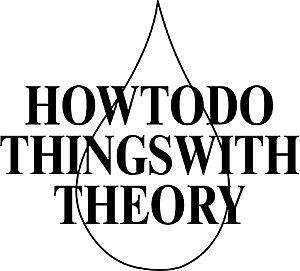Emma De Filippo: Epistemology and Its Implications
Thesis Supervisor: Ana Teixeira Pinto
Thesis: Epistemology and Its Implications
July 2020
Abstract
My thesis deals with the relation between epistemology and social, political or racial asymmetries. What we define as knowledge, defines, in turn, the class of those said to be knowledgeable. Throughout history the political decisionmakers were chosen by a ruler (human or non-human) and were helped by the ones defined as capable of thinking. Indeed one has to be capable of making trustworthy deductions to make choices for a greater number of beings. Those chosen were defined as trustworthy thinkers according to the dominant system of beliefs–whether that system was dependent on religion, science or other systems of belief. For these reasons, whenever we define what constitutes the body of knowledge we are also designating the bodies able to possess said knowledge, hence, by extension, the bodies we deem able to hold power.
The Western episteme defines knowledge as that which accrues from the combined operations of cognition and memory. In this thesis I will explain some steps behind the establishment of the modern thinking subject, drawing a line from the middle ages to the twentieth century, looking at the steps taken to define what –and according to whom– one thinks. Following the transformations of the definition of the thinking subject allows one to examine its implications for social relationships.
The next step will be to integrate into the chronology the concepts of sovereignty and alienation. Incorporating these in the same narrative as the cognizing subject reveals how and why objectivity has become the new standard of knowledge. It also provides an indication about the way these thinkers felt about being human, which might be the only way we have to relate to them other than theoretically. It seems that as a consequence of defining who I am, I predefine the possibilities for present and future relationships. This specific sentence can be drawn directly from the step that created the possibility for the modern subject, whose specificity is to be self-governed and whose position implies that all its choices depend on how it perceives itself.
Author Emma de Filippo


